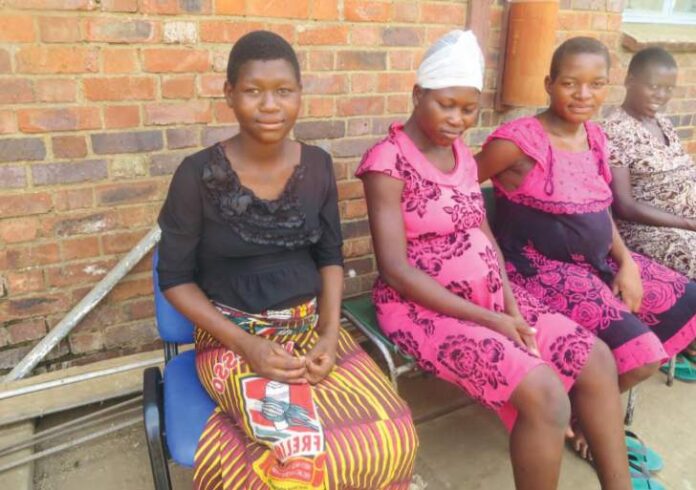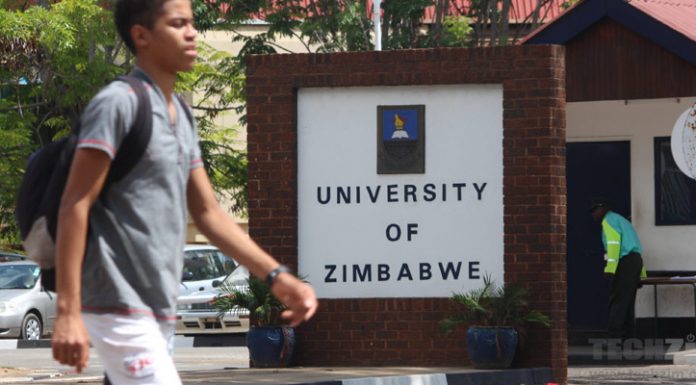Margaret Chinowaita
At the onset of the Zimbabwean-Government initiated vaccination against COVID-19 this year, the Ministry of Health and Child Welfare announced that pregnant women were not eligible to receive a dose.
However, on the 12th of July 2021, the same ministry announced that pregnant women, breastfeeding/lactating and other sections previously not accessing vaccinations could now receive a dose.
This caused confusion. Some pregnant women had already missed out on vaccination and could not easily access the new information. A leader of a woman’s NGO, Talent Jumo of Katswe Sisahood reported that her organisation had seen a surge in the number of new mothers dying of COVID-19 soon after giving birth.
The ministry circular did not reach all corners of the country raising fears that some pregnant women are still in the dark. Jumo called on the Ministry to be more proactive in reaching out to intended beneficiaries of vaccination especially pregnant women carrying babies.
UNICEF warns that although evidence suggests that pregnant mothers are not more affected by COVID-19 than others, countries need to ensure they still have access to antenatal, delivery and postnatal services. Likewise, sick newborns need emergency services as they are at high risk of death. New families require support to start breastfeeding, and to get medicines, vaccines and nutrition to keep their babies healthy.
Women Action Group Director, Edna Masiyiwa, said pregnant women are also missing out on prevention to mother to child HIV transmission, as they are booking late at the antenatal clinic. Women are showing up at clinics about to give birth, in labour. They are missing out entering the Anti-Retroviral Therapy, ART, meant to manage HIV. A mother is advised to book at a clinic as soon as they know that they are pregnant or at three months. This is encouraged to check their health and provide remedies for health challenges.
According to UNICEF health workers should be provided with necessary personal protective equipment and get priority testing and vaccination once a COVID-19 vaccine becomes available to that they can deliver high quality care to all pregnant women and newborn babies during the pandemic.
Emmanuel Mahlangu President of Zimbabwe Confederation of Midwives (ZICOM) a professional association of midwives in government, local authorities and private practice, with a membership of 2500 midwives, said the confederation’s major objective is for professional development of midwifery and in turn ensuring every woman has access to trained and competent midwife in childbirth and for their sexual and reproductive health services.
CHALLENGES BROUGHT ABOUT BY COVID-19 to MID-WIFERY-
Challenges brought about by Covid-19 particularly the first wave were fear and concerns for personal safety. A new global pandemic that was first communicated as causing death in developed health systems obviously put fear for people in developing nations as ours. The need for personal protective equipment and clothing became uppermost. Regrettably our nation, like many others, could not meet such a demand. It was unfortunate that there was a resultant abandonment of women at the crucial moment of childbirth.
Mahlangu said they managed the situation by reminding midwives of their professional oath ‘to never leave a woman in labour unattended.” This unfortunately was negatively influenced by the socio-economic environment which affected the nurses and midwives limiting their resilience and commitment to their clients. The situation was worse in the urban areas where the socio-economic environment put the midwives in a worse situation. In the rural areas there was continuity of service to some extent.
MATENITY SERVICES IS AMONG THE MOST CRITICAL HEALTH SERVICES
Any disruption to any extent, 10% according to World Health Organisation, can have marked and long lasting effects to women, the newborn and their families. “This COVID-19 era is one phase we wish to erase from our history as much as possible. We always pray that we never experience such service disruptions again. I know the media was awash with the negative outcomes of many pregnancies. The bad experience the women and their families experienced is sincerely regretted,” said Mahlangu.
Traditional Birth attendants existed before professional midwives. Unfortunately during COVID 19 there were many deaths of women due to maternity complications. Our country adopted a policy that all deliveries should be done in health institutions so as to reduce the high maternal death rate. “It is inevitable that when the health system fails, women who cannot hold back the childbirth process, fall back to any help they can get, even though it can cost their life and health.”
Zimbabwean women are suffering during this COVID-19 as they face a failing health system, restrictions in travel brought about by the new-normal and policy inconsistencies from the authorities.
The Government of Zimbabwe should guarantee that all infection prevention and control measures are in place in health facilities during childbirth and immediately after; Allowing health care workers to reach pregnant women and new mothers through home visits, encouraging women living in remote areas to use maternal waiting homes, and by using mobile health strategies for teleconsultations.
Zimbabwe with a damaged health system is failing to train, protect and equip health workers with clean birth kits to attend home births where health facilities are closed; Allocating resources to lifesaving services and supplies for maternal and child health.
In this myriad of challenges heath workers have failed to protect themselves from exposure to the virus, closely monitor themselves for symptoms of COVID-19 and seek advice from the nearest designated facility if they have concerns or experience symptoms.
However, Mahlangu said midwives have remained resolute working in the health facilities and assisting people. A number of untrained midwives have cropped up with some keeping pregnant women at their premises, like the case of a midwife that assisted women to give birth in her flat in Mbare, the largest high density area in Harare. A question of whether this was the right environment for women to give birth given exposure to COVID-19 fell away as it became a question of survival.
- The funding source of the work produced here was made possible by WAN-IFRA Women in News Social Impact Reporting Initiative. We recognise that the content produced reflects the author’s views and not those of the funder.











